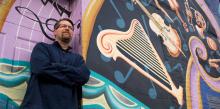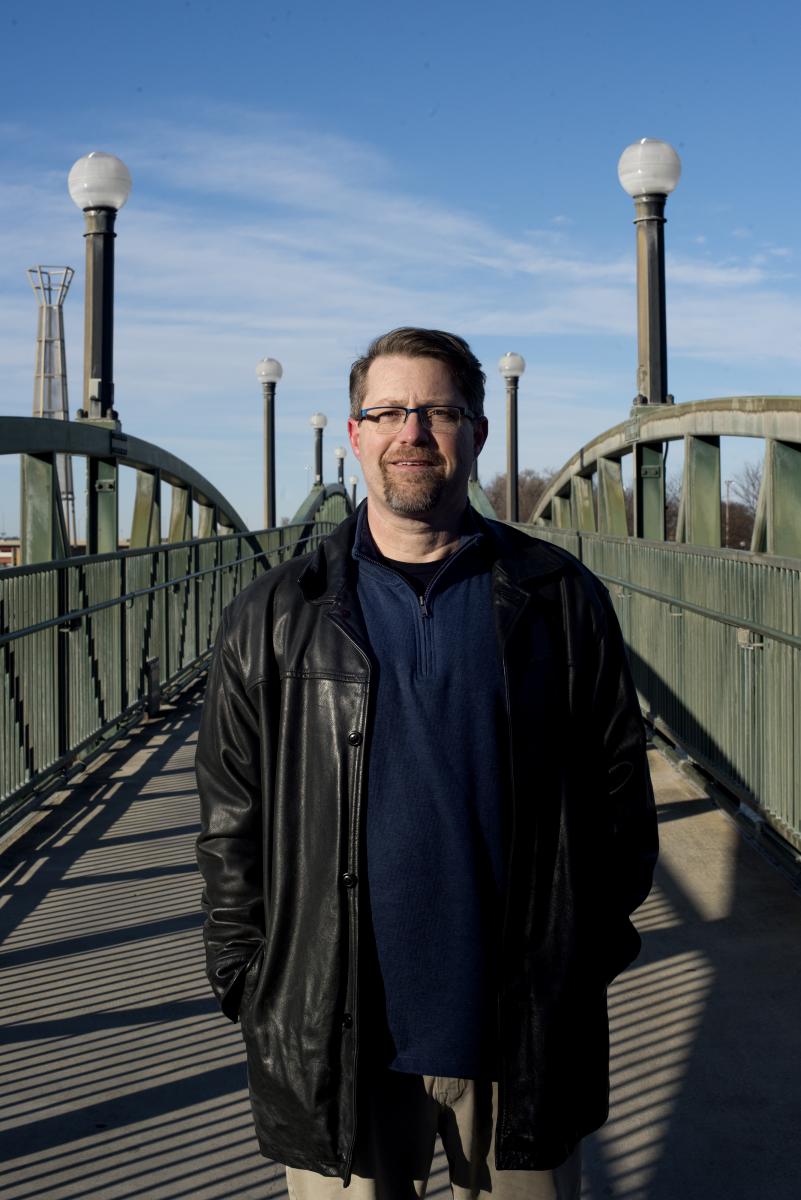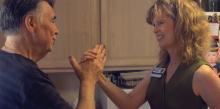Health & Lifestyle
Story by Marisa Lavine
Adventist HealthCare’s Home Health division has once again been recognized as one of the top performing home health agencies in the nation for quality care.
The Home Health division has been named a Top Agency of 2017 HomeCare Elite®. This is the seventh year in a row that Adventist Home Health, part of Adventist HealthCare’s Home Care Services, has received this award, which is presented to the top 25 percent of agencies in the United States.
 Story by V. Michelle Bernad
Story by V. Michelle Bernad
What might Ellen White, one of the founders of the Seventh-day Adventist Church, say to addicts today? Cheri Peters, founder of True Step Ministries, recently edited White’s classic book Steps to Christ with what she thinks is the answer to that question. “It’s crazy that nobody has done it before,” says Peters, who aimed to update the book into modern language and added specific recovery jargon to the text.
Editorial by Josh Voigt
Addict. It’s a word we don’t like to use to describe ourselves. But at age 17, I was addicted to alcohol and cigarettes, and a user of marijuana, PCP (Phencyclidine) and other drugs.
I cannot place blame for my poor decisions on my parents or upbringing, as I was raised in a loving Seventh-day Adventist home. I became addicted through peer pressure and my inability to say no. I wanted friends to like me, and never wanted to look like I was too afraid to try something.
Story by Tamaria L. Kulemeka
Norman Carter, a member of Allegheny West Conference’s Temple Emmanuel in Youngstown, Ohio, is also on the frontlines of the drug crisis.
“[The opioid crisis] is a beast that’s been unleashed. … In order to stop it, you have to stop drugs, and we know that is not going to happen. I think that all we can do is be prepared to provide services to those in need,” says Carter, who kicked his crack cocaine habit nearly eight years ago, and three years ago founded the Carter House, a transitional residential program in Youngstown.


 Story by V. Michelle Bernard / Cover images by Ty Wright/AP Images
Story by V. Michelle Bernard / Cover images by Ty Wright/AP Images


